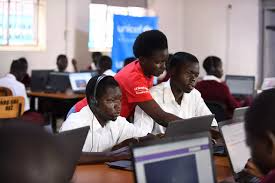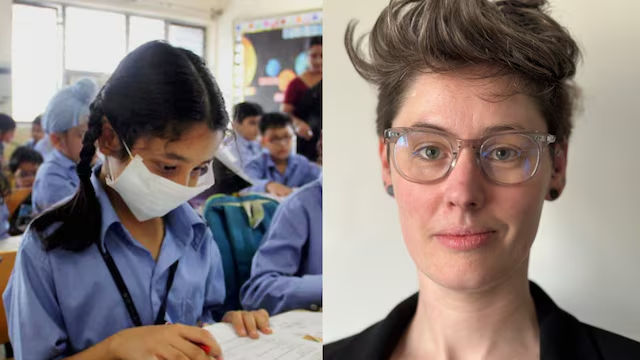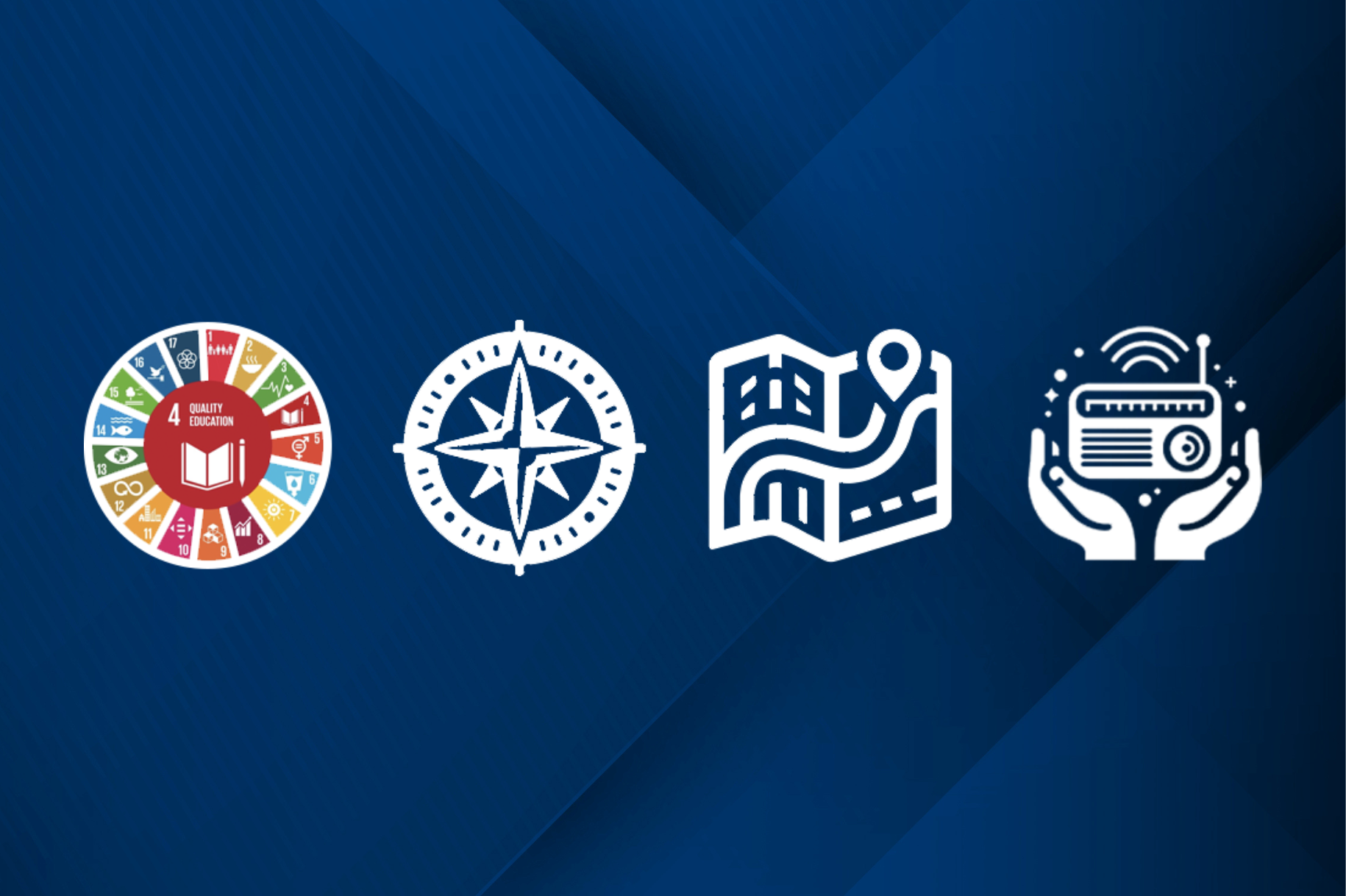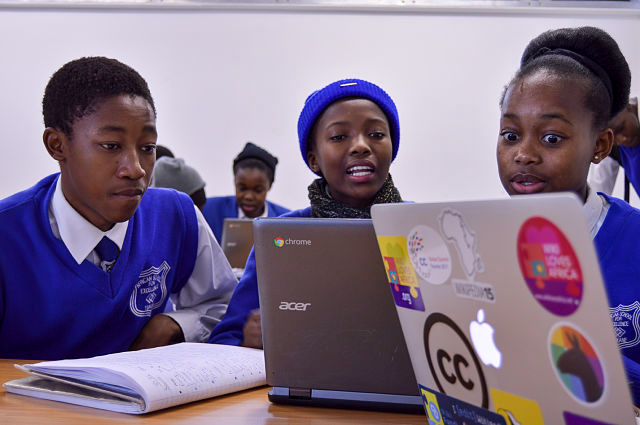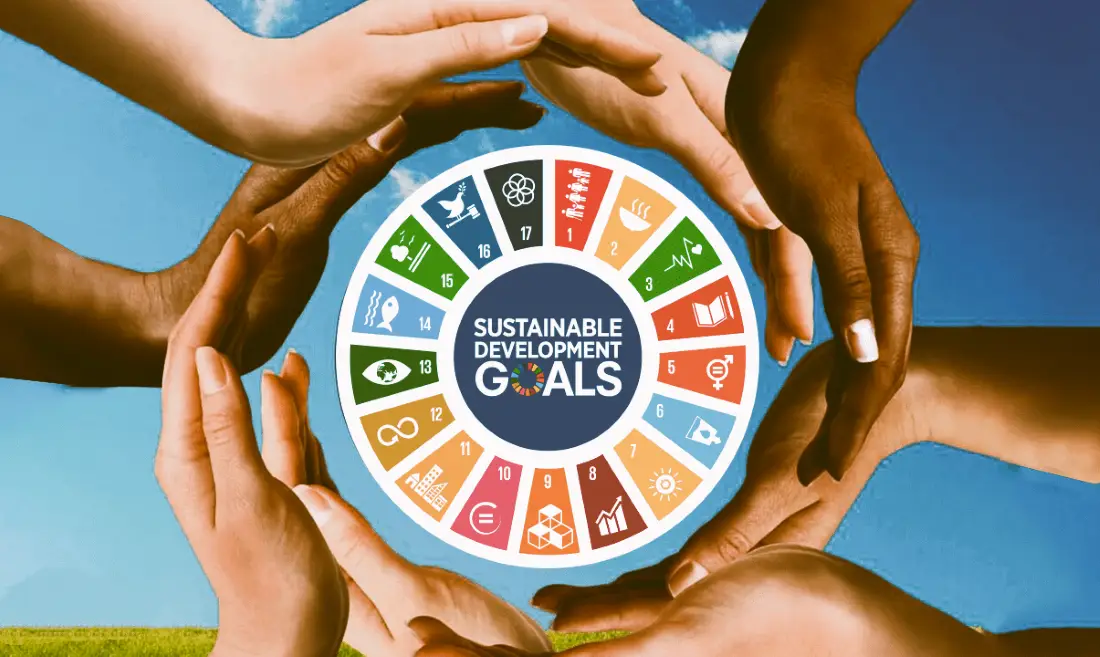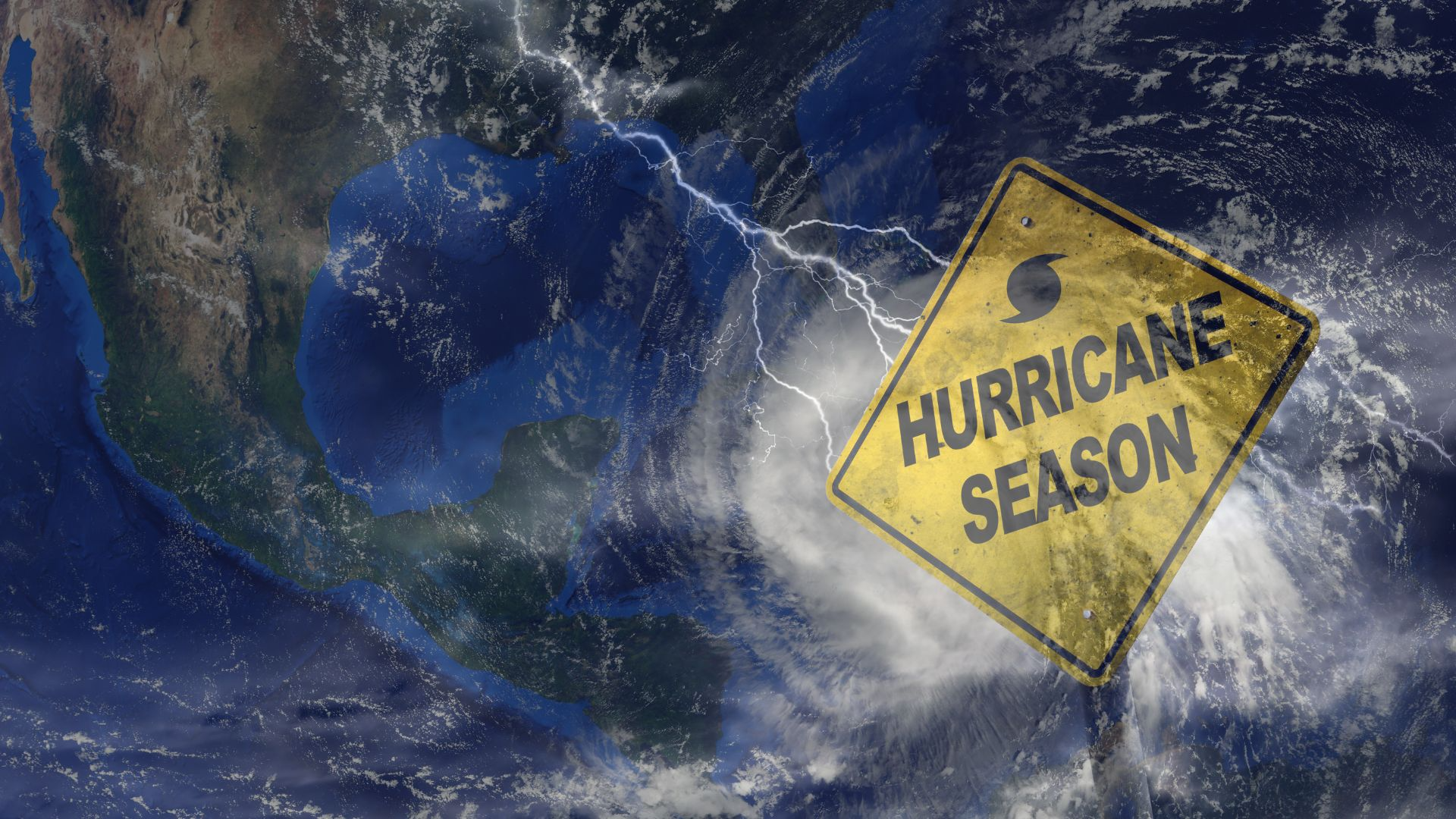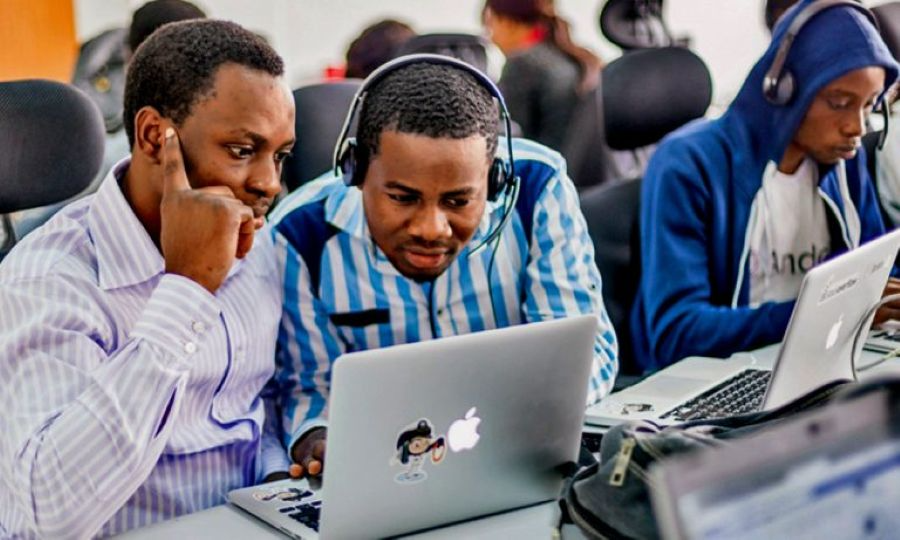
Online Schooling Surges Across Africa, Redefining Access to Education in Remote and Underserved Regions
A new wave of digital transformation is sweeping across Africa’s education landscape, as online schooling sees unprecedented growth in both urban and remote communities. Fueled by expanding internet access, innovative edtech solutions, and strong public private collaboration, online education is rapidly becoming a lifeline for millions of learners, particularly in regions long underserved by traditional schooling systems.
According to a recent report by the African Union’s Education Observatory, enrollment in online learning platforms across the continent has grown by more than 250% since 2020, with countries such as Kenya, Nigeria, South Africa, Ghana, Rwanda, and Senegal leading the surge. From virtual primary classes to fully digital secondary and vocational programs, students and educators are embracing new modes of teaching that bypass physical barriers and longstanding infrastructure challenges.
Rural Access, Urban Demand
One of the most notable developments is the penetration of e learning platforms in rural and conflict affected zones, where brick and mortar schools are sparse or unsafe. In Kenya’s Turkana region and northern Nigeria, children displaced by conflict or drought are now attending virtual classes via solar powered tablets and community internet hubs. Governments, in partnership with NGOs and mobile providers, have established thousands of digital learning centers offering free or low cost education resources.
Urban areas, meanwhile, are experiencing a different kind of boom. With rising demand for international standard education and flexible curricula, middle income families are turning to accredited online schools that offer blended learning, personalized instruction, and access to global content. South Africa’s Teneo Online School and Nigeria’s AltSchool Africa have seen exponential enrollment growth, catering to both school age learners and adult upskilling candidates.
Infrastructure and Investment
This growth has been enabled in part by major infrastructure investments. Under the Smart Africa initiative, fiber optic connectivity is being extended to remote areas, while 4G/5G rollouts have made mobile based learning more viable than ever. Companies like Liquid Intelligent Technologies, MTN, and Safaricom are partnering with governments to zero rate educational content and provide subsidized data packages for students.
In Rwanda, the government’s Smart Classroom Project aims to digitize all schools by 2026, while Ethiopia’s Ministry of Education has announced a new digital learning strategy that includes developing Amharic language e learning platforms and training 500,000 teachers in online pedagogy.
Equity and Inclusion
Importantly, online schooling in Africa is evolving to become more inclusive. Several platforms now offer local language content, accessible formats for students with disabilities, and offline capabilities for areas with intermittent internet. In Somalia, the M Lugha app provides Somali language video lessons accessible even on low end smartphones. In Ghana, female students are being targeted through initiatives like Girls in ICT, which integrate digital skills with core curriculum instruction.
“Online learning isn’t just about keeping up with the global trend it’s about rethinking how education can be delivered equitably and at scale,” said Dr. Grace Mumo, education specialist at UNESCO’s Nairobi office. “In Africa, where geography, poverty, and conflict often block access, digital platforms are unlocking opportunities that were unimaginable even five years ago.”
Challenges Remain
Despite the progress, obstacles persist. Many rural schools still face electricity shortages, and digital literacy remains low among teachers and parents. Questions of data privacy, content regulation, and educational quality have also emerged as the sector grows rapidly. Affordability continues to be a barrier for many families, despite subsidized programs.
To address these gaps, the African Union has launched the Continental Education Strategy for Africa (CESA 2024), which includes a focus on digital education infrastructure, teacher training, and equitable access. Donors such as the World Bank and African Development Bank have committed over $1.4 billion in support of digital learning initiatives through 2027.
The Road Ahead
Looking forward, experts believe the next evolution of African online schooling will focus on personalized learning, localized content, and AI powered instruction. Pilot projects using chatbots for tutoring, augmented reality in science education, and adaptive assessments are already underway in countries like Tunisia and Zambia.
As the continent’s youth population continues to rise projected to reach over 750 million under 25s by 2050 the need for flexible, scalable, and inclusive education solutions is more urgent than ever.
Africa’s digital education revolution is still in its early stages, but its momentum is undeniable. With the right mix of policy, investment, and innovation, online schooling may not just fill the education gap it could fundamentally reshape how the continent learns, grows, and prepares for the future.
Related Post
Popular News
Subscribe To Our Newsletter
No spam, notifications only about new products, updates.

